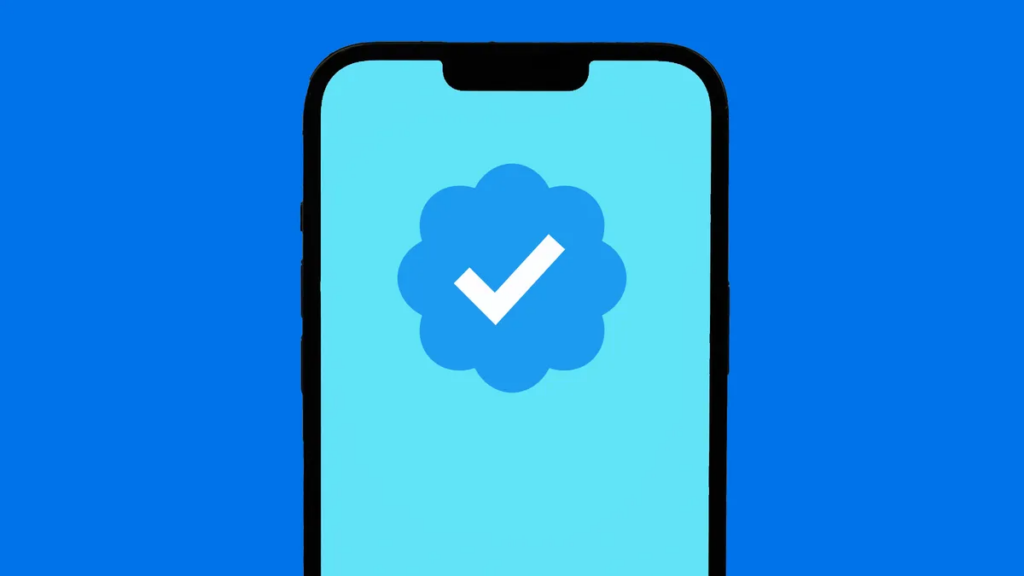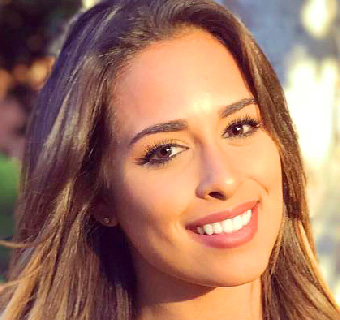Table of Contents
Raise your hand if you’ve ever seen a blue Twitter legacy checkmark and thought, “Wow, they must be important.” For years, that’s exactly what the Twitter legacy checkmark was meant to convey. Authenticity and prominence. However, recent changes to Twitter’s verification program may render the blue checkmark meaningless for some users.
This move has stirred up controversy among users, particularly those who see it as a way for Twitter to monetize its verification process. We’ll take a closer look at:
- Twitter’s verification program and its significance
- April updates/ changes to the program
- The controversy surrounding the new system
- What comes next for Twitter
Are you looking to run an epic influencer marketing campaign on social media? NeoReach has the best experience in creating viral campaigns that convert on social media. Sign up here!
History of Twitter Verification
Twitter’s verification program was designed to verify the authenticity of high-profile accounts, particularly public figures, celebrities, and organizations. The blue Twitter legacy checkmark next to a user’s name was intended to indicate that Twitter had confirmed the account was genuine and belonged to the person or entity it claimed to be. The program aimed to help users identify real accounts and avoid impersonators, bots, and other fraudulent activities.
Over time, the meaning and significance of the blue Twitter legacy checkmark evolved beyond its original purpose. The check mark symbolized status and credibility for many users, particularly those in the public eye. Having a verified account on Twitter was seen as a sign of legitimacy and influence, and it often led to increased engagement, followers, and media attention.

As Twitter grew in popularity, so did the demand for verification. In 2016, the company opened its verification program to the public, allowing users to apply for the Twitter legacy checkmark if they met specific criteria. Requirements included having a complete profile, a confirmed email address and phone number, and a public account.
The verification process, however, remained opaque and inconsistent, with many users complaining about the lack of transparency and the seemingly arbitrary nature of the selection process.
Are you looking for trustworthy Twitter influencers? Check out the top crypto Twitter accounts here.
April Outhaul Update
In response to these concerns, Twitter announced a major overhaul of its verification program in 2023. The new system is aimed at making verification more accessible and transparent. This, in turn, will reflect the diversity of Twitter’s users.

The company introduced new verification categories, including academics, scientists, and religious leaders. It updated its eligibility criteria to include more information about the user’s presence on the platform and off. Twitter also promised to provide clearer explanations for why an account was or wasn’t verified and to create an appeals process for users who were denied verification.
Despite these efforts, Twitter’s verification program continued to be plagued by inconsistency and confusion. Many users still struggled to understand the criteria for verification and the reasons behind the decisions. In contrast, others criticized the program for favoring specific categories of users over others.
Nevertheless, the Twitter legacy checkmark remained a powerful symbol on Twitter, representing authenticity, influence, prestige, and status. For high-profile celebrities, politicians, journalists, activists, and organizations, in particular, the check mark was a coveted badge of honor, signifying their importance and relevance in the eyes of Twitter’s powers.
@professorcasey False endorsement of Twitter? The “gifted” blue checkmarks might be an issue in unfair competition law… #twitter #twitterblue #trademark #lanhamact #twitterverification #rightofpublicity
Want more trend report content like the latest Twitter news? Read more about creator economy trends here.
Twitter Blue and Verification
With the recent launch of Twitter Blue, the platform’s first-ever subscription service, the meaning and significance of the blue checkmark has once again shifted. One of the benefits of subscribing to Twitter Blue is automatic verification, meaning users who pay the monthly fee will receive a blue Twitter legacy checkmark next to their name, regardless of the relevancy of their account.
This move has sparked controversy among users. Many users argued that it undermines verification purposes. As a result, the verification is devalued, and the symbol of authenticity is lost. Critics argue that the new system reduces the importance of verification and opens the door for more fraud and impersonation on the platform.
Twitter defended its decision to tie verification to a paid subscription service, citing the added value and benefits that Twitter Blue provides to its users. The company also claimed that the new system would help streamline the verification process and reduce the backlog of pending requests.
If you want to learn more about Elon Musk’s Twitter and economic decisions following the takeover, click here.
Community Responses
The recent changes to Twitter’s verification program and its tie-in with the paid subscription service Twitter Blue have generated mixed reactions from users and experts alike. While some have welcomed the increased accessibility and transparency of the new system, others have criticized the company’s decision to tie blue check marks to a paid service.
I have finally been freed of the stupid blue checkmark
— Khyo (@Khyomaru) May 9, 2023
Many users have expressed concern that Twitter Blue subscribers will automatically receive a blue check mark, regardless of the relevance or authenticity of their account. This could lead to an influx of verified accounts that do not belong to high-profile figures or organizations, thus diluting the value of the blue check mark as a symbol of legitimacy and influence.
Additionally, some experts worry that the tie-in with Twitter Blue could increase impersonation and misinformation on the platform. If users can quickly pay for a verified account, it could become more accessible for malicious actors to create fake accounts and spread false information under the guise of legitimacy.
@yourbestfriendjoshua Turns out Twitter Blue’s $8 verification badge is not an ACTUAL verification badge… LOL.
Despite these criticisms, others have argued that the changes to Twitter’s verification program are a step in the right direction toward creating a more transparent and inclusive platform. The expanded categories of verification and the promise of more precise explanations and an appeals process could help more users gain the benefits of having a verified account. Likewise, these users believe certifications will reduce fraud and impersonation.
@jayspanks I paid for twitter verification (part 1) #twitter #verified #elonmusk #bluecheckmark #jayspanks
However, some reviews on the verification overhaul are positive, while others are negative. As with any major change, only time will tell how these updates will impact the Twitter community and its use of the blue check mark as a symbol of credibility and influence.
Twitter’s Plans for the Future
In addition to the changes made to its verification program, Twitter has introduced new features to improve the overall user experience and combat misinformation on the platform. One such feature is the introduction of additional gray and gold check marks to verify government and business accounts. These check marks help users identify legitimate accounts and avoid impersonators and fraudulent activity.
Twitter has also implemented several measures to combat the spread of misinformation on its platform, including labeling tweets that contain false or misleading information and removing accounts and content that violate its policies. The company has also partnered with third-party fact-checkers and media organizations to provide users with accurate information and resources.
Twitter has committed to improving the user experience and promoting healthy conversation on its platform. The company has announced plans to invest in new features and tools to help users control their experience and engage in productive dialogue. Some features will allow users to “unmention” themselves from conversations they don’t want to be a part of.
While these efforts are promising, Twitter still faces challenges maintaining a safe and trustworthy platform. As the company continues to adapt, only time will tell how effective Twitter’s measures in combating these issues will be for users.
Learn how to get verified on Instagram here for more on the infamous blue checkmark.
Conclusion
Twitter’s verification overhaul has significantly changed the platform’s verification program, including adding new categories, clearer eligibility criteria, and a revamped appeals process. However, the decision to tie blue check marks to a paid subscription service, Twitter Blue, has generated controversy. People are concerned about the potential for the move to undermine the meaning of blue check marks and increase impersonation and misinformation on the platform.
Twitter’s rollout of gray and gold check marks for government and business accounts indicates that the company is committed to maintaining a safe and authentic space. Ultimately, the importance of verification and authenticity cannot be overstated. As a result, it is up to platforms like Twitter to ensure that their verification programs are transparent, consistent, and effective in promoting trust and credibility.















